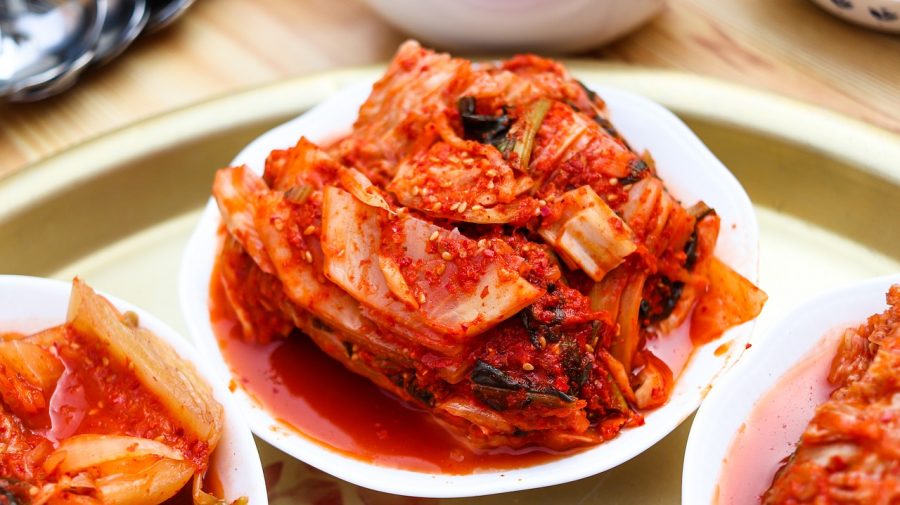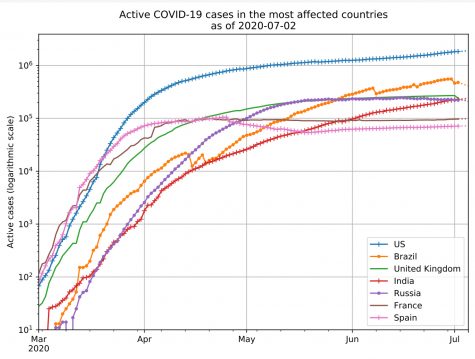Kimchi-What is it?
Kimchi is a traditional Korean side dish that has been around for over 4,000 years. This dish consists of a fermented dish filled with vegetables, such as Napa cabbage and radish. Fermented for 4 to 5 days or being refrigerated for a couple of weeks, this kimchi dish will taste fresh and crunchy. With the wide variety of spices to mix it with, this dish is very unique and tastes different all the time depending on which spices or vegetables are included.
Kimchi is typically known as a side dish eaten with rice. This dish can be eaten and used in many different ways than just eating it by itself. With it being considered a side dish, people over the years have started to mix kimchi with different types of food such as stews, soups, and bibimbap. Not only that, but kimchi can also be eaten by being cooked on a grill after being fermented to give a pleasant crispy and grilled taste.
There are typically 2 main types of kimchi, spicy kimchi and Dongchimi. Spicy kimchi is the most common, now a global phenomenon. However, a lesser-known but still popular dish is called Dongchimi. This dish is purely just radish fermented in saltwater that gives a nonspicy flavor, but fresh and crunchy, quenching a person’s thirstiness. These two dishes are both unique in each own way and serve a specific purpose to satisfy a person’s taste.
Kimchi can either be store-bought or made home. Considering this seems to be a simple dish, many people create their own kimchi at home. There is no such thing as a standard kimchi recipe among everyone. Kimchi’s have a unique flavor and taste varying on the people who create this dish. Recipes are passed down through many generations, changing little by little among different families, creating a range of varieties of how it can be made.
This traditional dish is truly amazing on how it has developed throughout the years.










![[ credit to pixabay.com for this image.]](https://parkspantherpress.com/wp-content/uploads/2020/12/AFFD2593-708A-49FA-96A4-A0F4FE4A10A0_4_5005_c-475x317.jpeg)